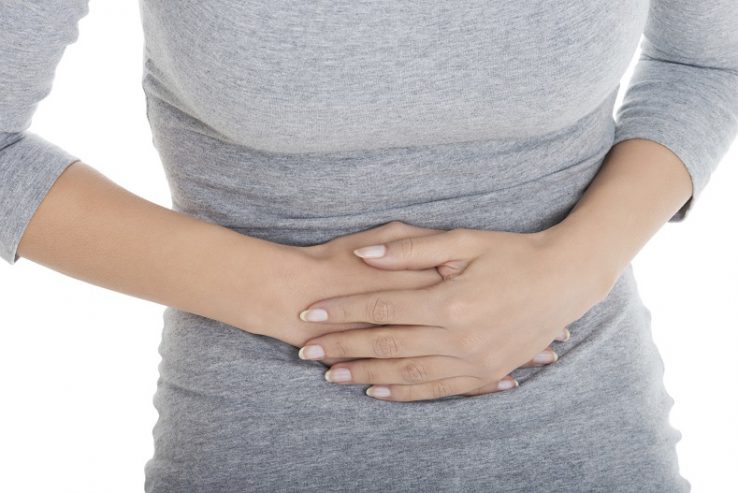We’ve all been there: We devour a hefty meal, only to experience uncomfortable belly bloat when our plate is clean.
Abdominal discomfort, including gassiness and bloating, is common after overindulging. But for some people, it’s much more frequent. In fact, about 10 percent of Americans say they regularly experience belly bloat after eating.
This swelling and distention, which has been described as feeling like a balloon is being inflated in the gut, can be uncomfortable, but it’s rarely a serious cause for concern. Instead, better eating habits can almost always help clear up a case of bloat. Here are some of the most common causes of bloating.
Causes of Stomach Bloat
Overeating. Eating too much is a major cause of belly bloat. You should be able to help prevent the problem by eating smaller portions at meals.
Eating too quickly. When you eat too fast, you can swallow air, which may contribute to bloat. Slow down — savor your food and pay attention to your body’s signals of when you’re full.
Eating certain foods. A number of foods can cause your belly to bloat. These include carbohydrate-rich and fatty foods, dairy products, legumes, certain fruits and vegetables (such as Brussels sprouts, cabbage, and apricots), and artificial sweeteners. You don’t have to cut out these foods altogether, but notice if they cause problems and eat them in moderation.
Food sensitivities or allergies. Lactose (in dairy products) and gluten (in wheat products) can trigger stomach bloating in some people.
Certain gastrointestinal problems. Digestive woes such as constipation, irritable bowel syndrome, and acid reflux can all result in feelings of fullness and bloating.
If you experience chronic bloating, talk with your doctor about possible causes and solutions. Learn more at the UPMC Digestive Health Care.
Editor's Note: This gallery was originally published on , and was last reviewed on .
